Kickstart Your Vlogging Career with These Essential Tips Part II
Vlogging combines the intimacy of the written word with the sensory engagement that comes with visual and aural content. Its surging popularity has allowed creative personalities to pursue it as a full-time profession, delivering meaningful and engaging content. In this final segment of our two-part article on kickstarting your vlogging career, we adopt a more 'behind-the-scenes' perspective as we talk about production software, audience demographics and revenue generation with beauty and food vloggers, Cinddie and Sarah. We have featured them on SNAPSHOT before, so check out their other articles too!
Whipping up a Food Vlog by Sarah Huang Benjamin
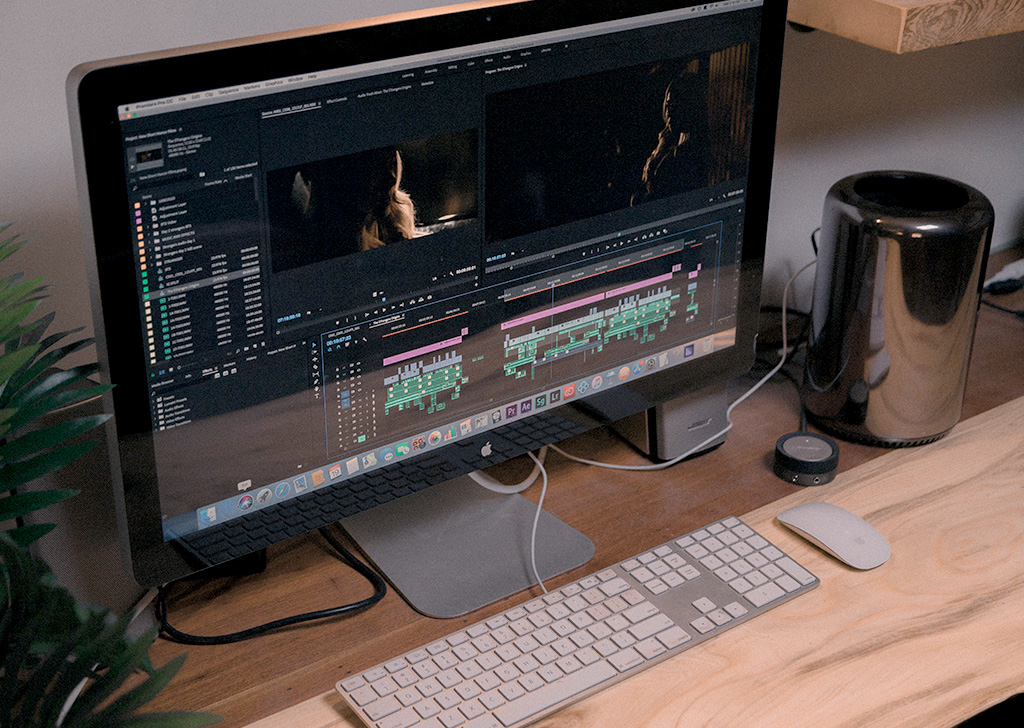
Selecting a production software
The Adobe suite is popular for a variety of reasons, the most pertinent being the robustness of its software options. Cinddie relies on Adobe Final Cut Pro for her production work, as she also uses other Adobe-related apps for her scope of work. And while you definitely want powerful software in your corner, it's important not to limit yourself to just one. Sarah does the bulk of her editing on Adobe Premiere Pro, but also uses Splice for performing simple edits on her smartphone.
Hitting the right targets
Just because TikTok is all the rage now doesn't mean that your content will automatically thrive on it. The chances of vlogging success increase by adopting a content-first approach; which style are you most proficient in creating and presenting?
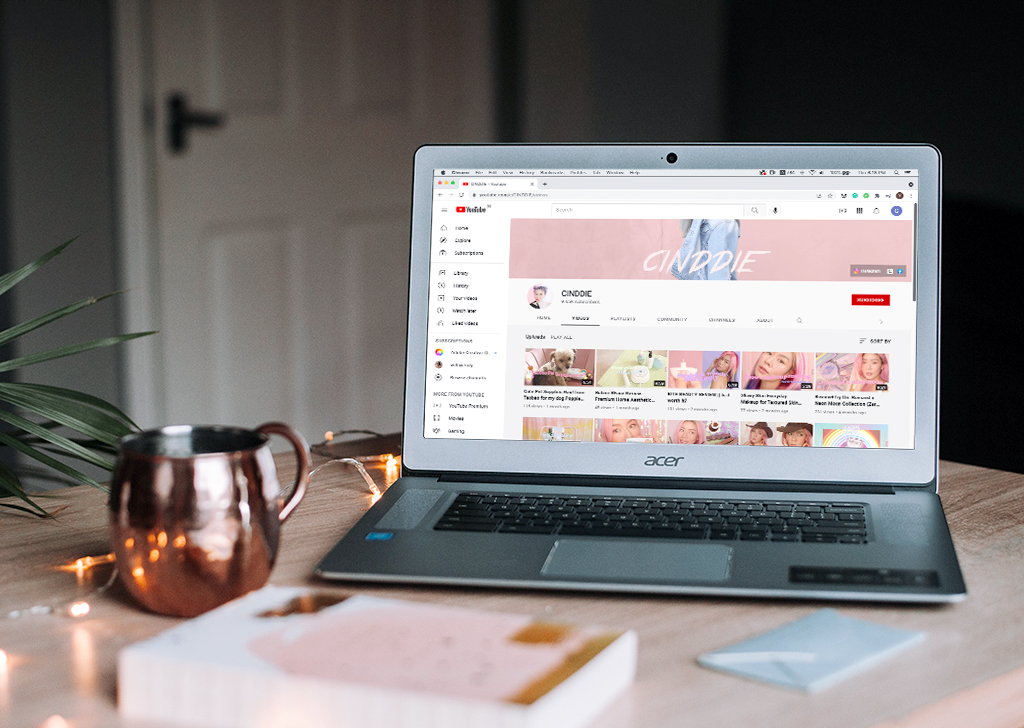
"I chose my main platforms based on my preferred content format and where I think my strengths lie," says Cinddie. "Because I'm quite particular about my aesthetics, I chose Instagram, which is more suitable for curated content." In contrast, her review videos live on YouTube, as she views it as a site that people frequent for useful information.
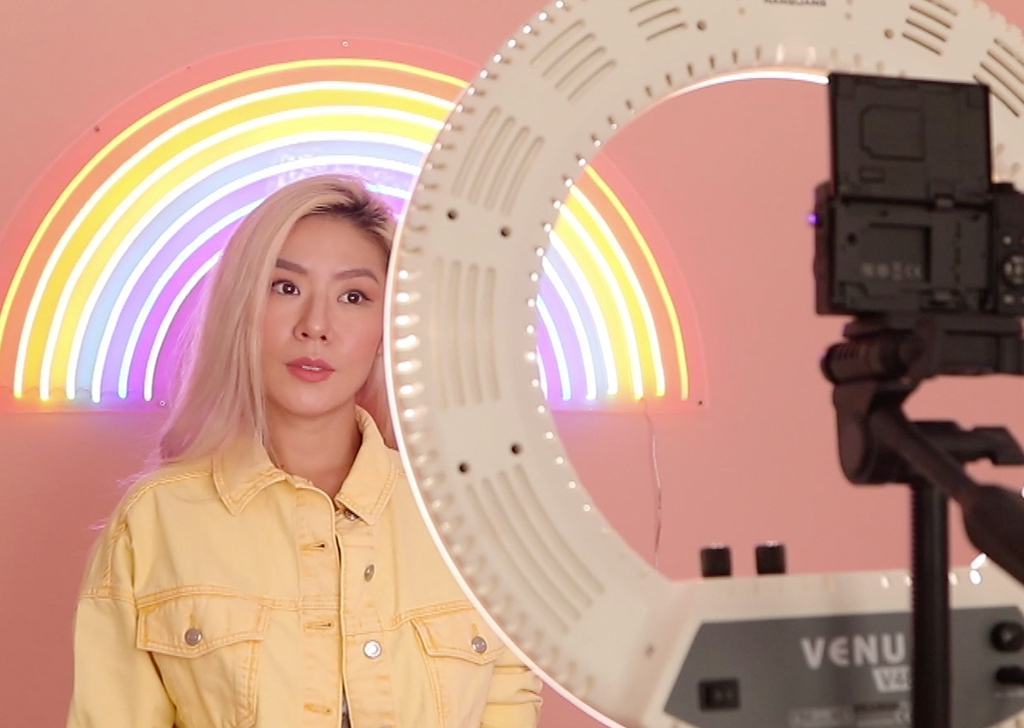
Noting the difference between audience demographics will allow you to fine-tune your content and the way you present it. According to Cinddie, YouTube viewers are typically more "purpose-driven", while Instagram users display shorter attention spans when consuming content. Sarah agrees that keeping this differential in mind is key to building a successful career in vlogging. "After you start to build an audience, you can look at the insights on the platform, which will give you a better idea of who is engaging with your content, so you can then tailor your content to engage them better," she says.
Sustaining the business
Every business needs money to succeed – vlogging is no different. Branded/sponsored content is by far the most common means available for bloggers to generate revenue, but it's not something you can just dive into. Putting your own money into it is a common starting point for many vloggers, and it helps to start with topics that naturally interest you.
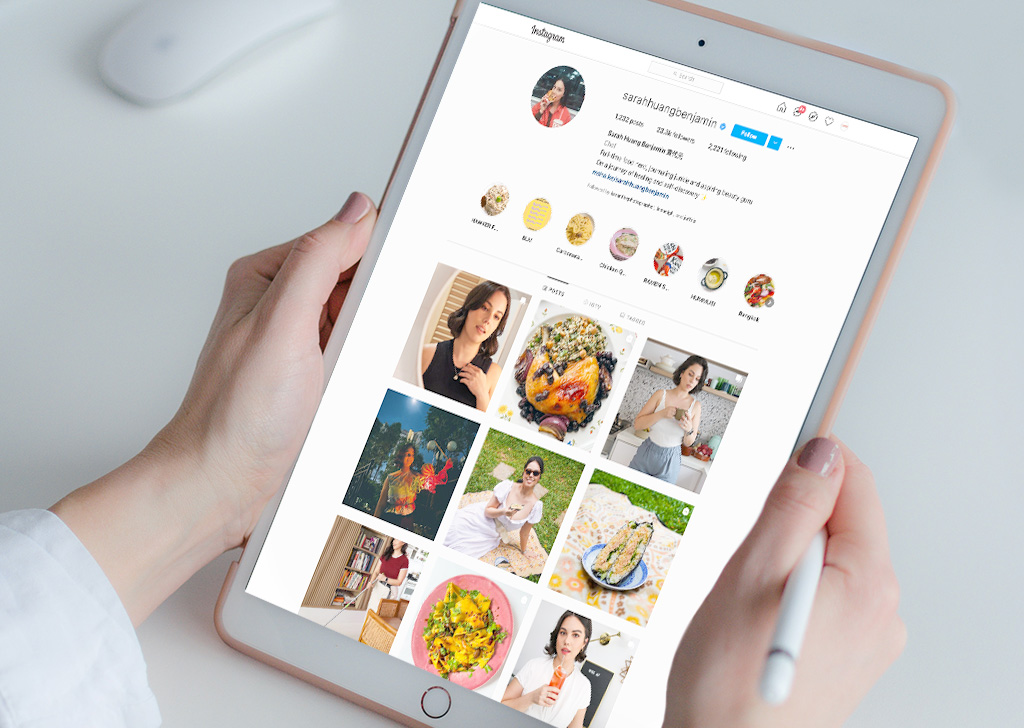
As for the 'how-tos' when approaching the brands themselves, Sarah believes that defining your unique selling point should be the first step. "Come up with a unique idea and pitch to the brand! Think about what it is that you specifically can do for this brand. What interesting perspective can you add to the conversation?” she says.
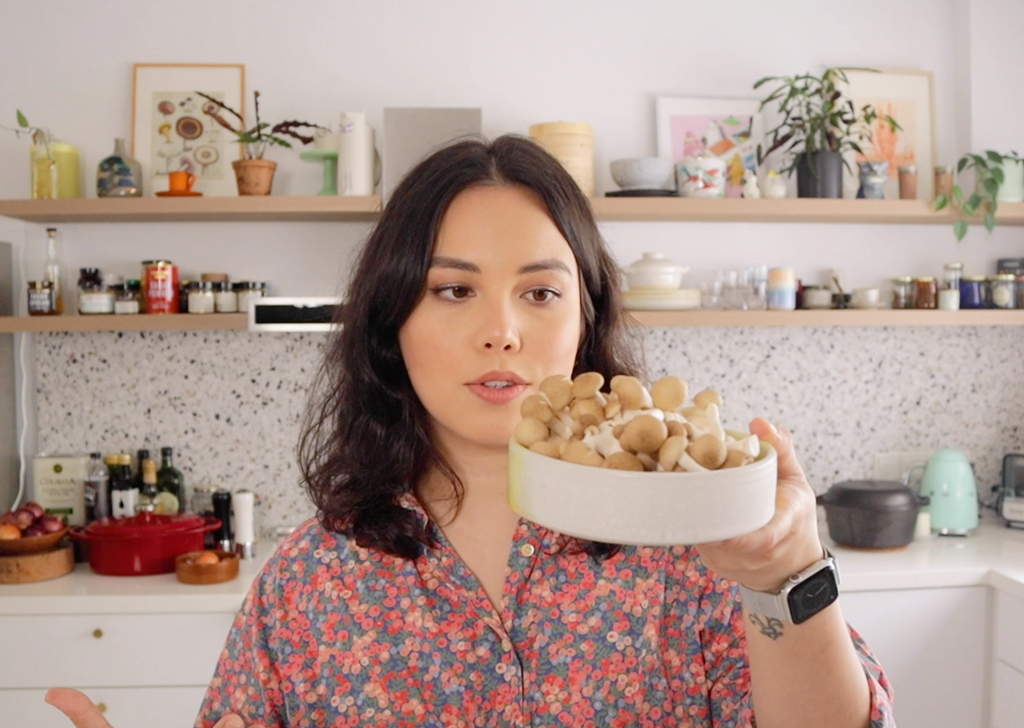
Sarah adds that whether said collaboration takes on a monetary or product-centric shade is entirely up to personal preference, but it's important to remain grounded. "As a food vlogger who does a lot of cooking, I'm happy to accept a product sponsorship if it involves something interesting that helps me in the kitchen. But as this is my full-time job, I also rely on monetary remuneration for income, so I prioritise that."
Building something out of nothing requires a combination of ambition, boldness and ingenuity. While it is challenging to be truly innovative in today's hyper-competitive landscape, it is by no means an insurmountable task. With the right tools and mindset, you can build a strong foundation that will best serve your burgeoning career in vlogging!
Click here to read the first part of this series.
For more relevant articles:

































